


Êtes-vous prêt(e) à franchir la prochaine étape dans votre carrière ? Sur quelles compétences et capacités, devriez-vous vous concentrer pour vous donner les moyens de faire ce pas ? Où que vous en soyez dans votre trajectoire professionnelle, nous vous proposons un processus d’apprentissage puissant qui vous permet d’exploiter pleinement votre potentiel.
Notre portefeuille de programmes en analyse de données, ingénierie des données, science des données et intelligence artificielle vous permet de développer vos compétences.
En tant qu’étudiant curieux, vous pouvez dynamiser votre carrière en choisissant n’importe quel sujet parmi nos programmes de Applied MSc, nous vous guiderons ensuite sur l’ajustement au regards des prérequis pédagogiques.
Lors de la personnalisation de votre programme individuel de formation, veuillez tenir compte des éléments suivants :

Les étudiants ou les entreprises qui souhaitent former leurs employés sur la Data et l’IA peuvent choisir de compléter un ou plusieurs modules parmi les suivants :
A course that covers the fundamental concepts of Descriptive Statistics, Probability Theory, and their practical applications using the R programming language.
This course provides an overview of data structures, cleaning and preparation techniques, Pandas, Matplotlib, Scikit-learn, OpenCV, Python and Flask, Keras, and Numpy for developing data-driven applications.
The course covers critical points, optimization of multiple variable functions, gradient methods, and constraint-based optimisation using Lagrange Multipliers, and their applications using Python.
This course delves into the fundamental concepts of Perceptron’s layers, weights, biases, and hyperparameters, along with activation and cost functions, optimization algorithms, and backpropagation. Students will learn the learning mechanism of Perceptron, its applications in classification and regression, and how to implement them in Python using TensorFlow.
In this course, students will be introduced to PyTorch and gain knowledge of neural architectures and their applications, as well as receive training on a GPU for neural network implementation.
A course that builds on the concepts covered in Part I and focuses on topics such as Tests, Estimators, Confidence Intervals, Inference, ANOVA, PCA, Simple Linear Regression, and their applications using R.
This course covers multiple linear regression, CART and Random Forests, and their applications, including feature selection and engineering, models comparison and competition, with a focus on practical applications using R.
A course that provides context for new uses of massive datasets, including open data, social networks, and Twitter, and covers a review of conventional statistical methods and their suitability for massive datasets. It also covers the latest alternative statistical tools for analysing modern datasets, with a focus on their implementation in realistic situations using R.
This course on Time-Series Analysis covers the mathematical foundations and practical applications using R, including advanced techniques such as neural networks.
A course that provides a comprehensive study of survival data analysis employing parametric, nonparametric, and semiparametric methods using R.
A course that teaches data cleaning and preparation, data structures, and machine learning tools such as Pandas, Matplotlib, Scikit-learn, Keras, and Numpy, as well as Flask and OpenCV for web applications.
A course that covers the fundamentals of relational databases, relational algebra, advanced SQL queries, stored procedures, triggers using T-SQL, dynamic SQL, and their applications with Microsoft SQL Server for data wrangling and manipulation.
This course in the MSc in Data Engineering and AI programme provides preparation for the AWS Certified Solutions Architect – Associate Certification.
A course provides a comparative overview with Amazon AWS and focuses on Azure Services relevant to data lakes and data pipelines.
A course that covers topics such as system security design patterns, infrastructure security, data at rest and in-transit encryption, and code safety to provide a comprehensive understanding of how to protect computer systems and networks from cyber threats.
A course that covers the design and implementation of a data warehouse, structuring an Extract, Transform, and Load process, and their applications using Microsoft SQL Server in stand-alone and cluster deployments.
A course that provides preparation for the Neo4j certification, covers graph-based problem modelling, and implementation with the Neo4j graph database for NoSQL data management.
A course that covers XML data flow, DTD and schemas, XSL transformations, JSON, and their transformations, and how to build efficient and scalable data pipelines.
A course that covers representing and querying web-rich data using RDF and SPARQL, introducing semantics in data using RDFS and ontologies, and tracing and following data history using VOiD, DCAT, and PROV-O.
A course that covers HDFS, scheduling & resource management, workflow management & ETL, dataflow management, scalable enterprise serial bus, real-time processing with SPARK, machine learning, and data exploration & visualization.
A course that focuses on the various tools and technologies involved in DevOps, including Nagios, Consul, Docker, Ansible, GitHub, and Continuous Integration with Jenkins and Kubernetes.
This course covers the essential concepts of Probabilities and Distribution, Descriptive Statistics, and Visualisation techniques, and how to apply them using the R programming language.
A course that teaches how to import and manipulate large datasets with R, select the best data structures, transform, visualize, explore and model data.
A course that teaches data cleaning and preparation, data structures, and machine learning tools such as Pandas, Matplotlib, Scikit-learn, Keras, and Numpy, as well as Flask and OpenCV for web applications.
A course that covers advanced topics such as Recurrent Neural Networks, Long Short-Term Memory (LSTM), Residual Networks, Computer Vision and Natural Language Processing (NLP), Deep Learning on GPU, and their applications in Python using PyTorch.
A hands-on course that teaches data cleaning and preparation, data structures using pandas and numpy, visualizing data with matplotlib, implementing machine learning algorithms using sci-kit-learn and deep learning with Keras in Python.
A course that covers advanced Excel formulas, data visualization techniques, PowerPivot, Solver, and Visual Basic for Application programming, and their applications for data analytics and machine learning.
A course that covers the fundamentals of relational databases, advanced SQL queries, stored procedures, triggers using T-SQL, dynamic SQL, and their applications with Microsoft SQL Server for data wrangling and manipulation.
A course that covers the design and implementation of a data warehouse, structuring an Extract, Transform, Load process, and their applications using Microsoft SQL Server in stand-alone and cluster deployments.
A course that provides preparation for the Neo4j certification, covers graph-based problem modelling, and implementation with the Neo4j graph database for NoSQL data management.
A course that covers XML data flow, DTD and schemas, XSL transformations, JSON, and their transformations, and how to build efficient and scalable data pipelines.
A course that introduces the fundamentals of descriptive statistics, probability theory, and their applications using R programming language for data analysis.
This course teaches how to import, manipulate, transform, visualise, explore, and model very large datasets in R, with a focus on selecting the best data structures for optimal performance.
A hands-on course that teaches data cleaning and preparation, data structures using pandas and numpy, visualizing data with matplotlib, implementing machine learning algorithms using sci-kit-learn and deep learning with Keras in Python.
A course that covers the data visualization and machine learning ecosystem, with a focus on tables and machine learning using SAS Viya.
A course that covers the preparation for the Analyzing Data with Microsoft BI (PL-300) certification and its applications in reporting and data visualisation.
L’inscription à la formation executive est la procédure la plus simple.
Si vous souhaitez acquérir ou améliorer vos compétences en Data et IA ou accomplir un programme complexe, essayez de définir votre champ d'apprentissage. Comparez ensuite vos objectifs avec nos programmes d'études pour identifier les sujets ou thèmes qui vous conviennent.
Nous vous invitons à réserver une rencontre individuelle avec nous. Nous pourrons discuter de vos objectifs d'apprentissage et des sujets qui peuvent réellement vous aider à les atteindre. La portée de l'entretien inclut généralement les sujets abordés, le mode d'étude, la durée et autres demandes.
Après avoir finalisé tous les paramètres de la formation executive, nous commençons les cours.
Vous pouvez choisir au moins 50 heures de contenu à apprendre. La tarification typique pour un individu est la suivante:
Nombre d’heures | Tarif en euros HT |
50 | 1400 |
75 | 2100 |
100 | 2800 |
125 | 3500 |
150 | 4200 |
200 | 5600 |
250 | 7000 |
Les entreprises intéressées par la montée en compétences de leurs employés peuvent nous contacter directement. Nous vous aiderons à trouver le module de formation le plus adapté à vos applications.

Les étudiants motivés pour se perfectionner et se préparer à un avenir plus prometteur peuvent commencer la formation executive avec leurs propres fonds.
Pour les étudiants français
Le projet de transition professionnelle (PTP), ex-Cif, permet au salarié de s’absenter de son poste pour suivre une formation destinée à lui permettre de changer de métier ou de profession. Le PTP est ouvert sous conditions et est accordé sur demande à l’employeur. Le salarié est rémunéré pendant toute la durée de la formation.
Pour les étudiants français
Vous souhaitez suivre une formation pour évoluer professionnellement ? Sachez que toute personne dispose dès son entrée sur le marché du travail et jusqu’à la retraite d’un compte personnel de formation (CPF). Le CPF a remplacé le droit individuel à la formation (Dif). Le CPF est utilisable tout au long de votre vie active (y compris en période de chômage) pour suivre une formation qualifiante ou certifiante.
DSTI – School of Engineering
Ecole privée d’enseignement supérieur
Leader en data et IA en France, DSTI propose un programme de « Applied Bachelor » à RNCP 6 (niveau licence). Nos programmes « Applied MSc » détiennent une accréditation RNCP 7 (niveau master). De plus, les programmes Applied MSc DSTI sont labellisés par 3IA Cote d’Azur (Université Côte d’Azur) pour et détient une certification Qualiopi RNQ, affirmant l’excellence des processus qualité de l’établissement.
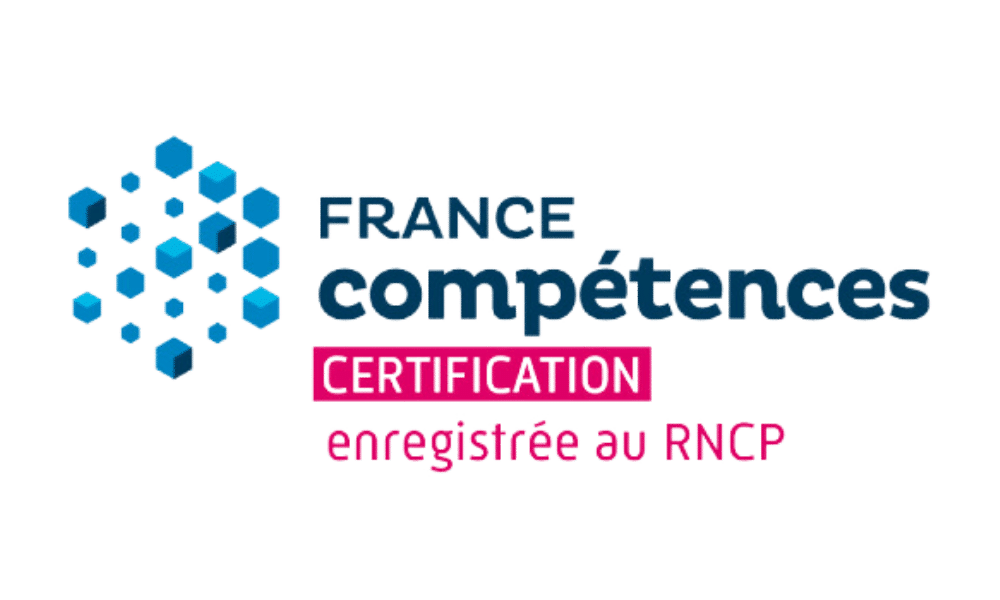

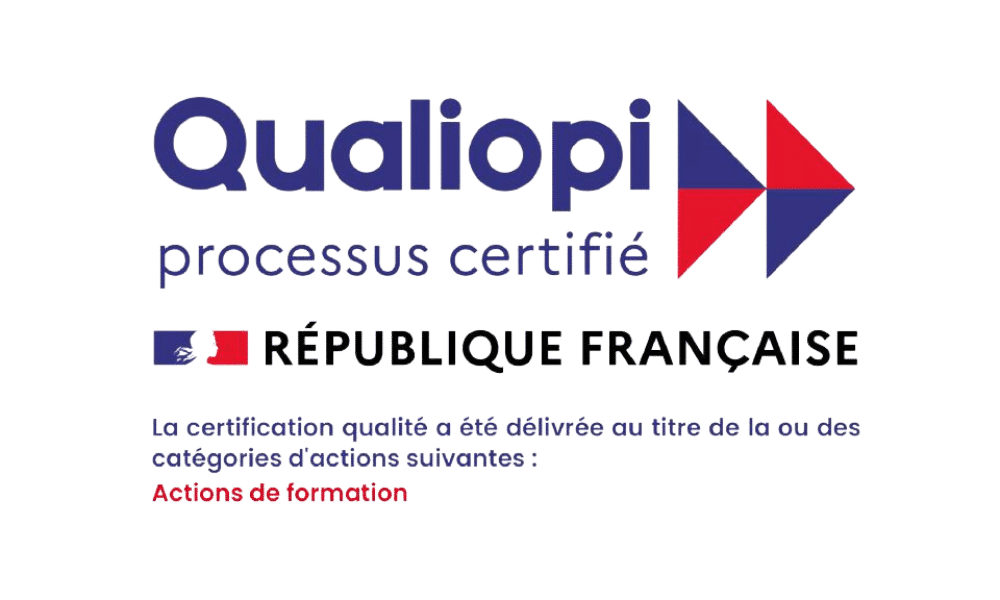
Le Data ScienceTech Institute (DSTI School of Engineering) a formé des partenariats stratégiques et des affiliations avec plusieurs organisations clés, notamment AWS, SAS, Microsoft, Arts et Métiers et 3iA Côte d’Azur. Ces partenariats sont essentiels car ils nous aident à maintenir notre programme à jour et nos ressources actualisées. Grâce à ces partenaires, nous sommes mieux équipés pour soutenir nos étudiants alors qu’ils font progresser leurs carrières dans la data.
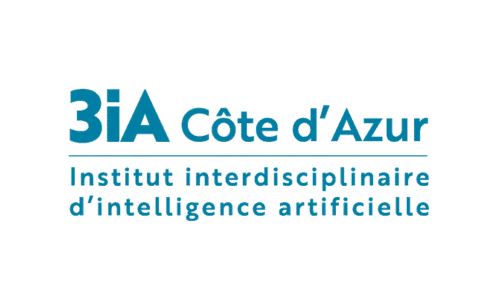

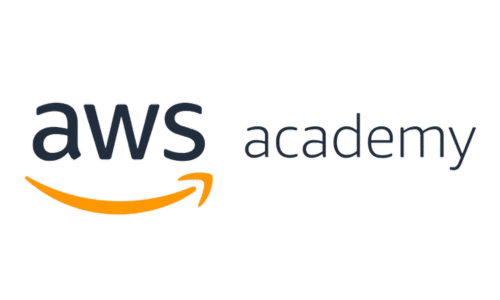
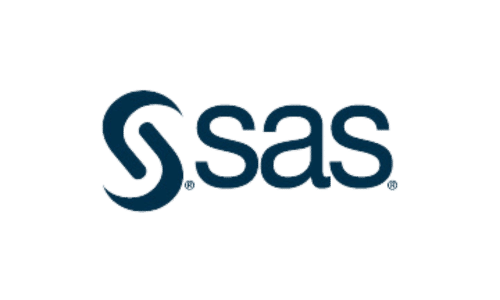

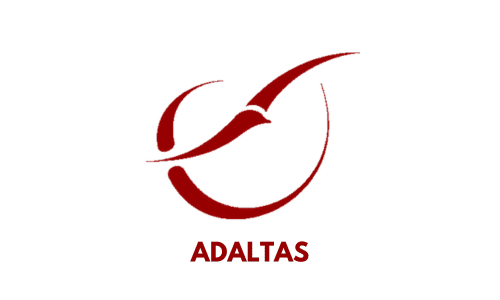

950 Route des Colles
Les Templiers
06410 Biot (Sophia-Antipolis)
Alpes-Maritimes, France
4 Rue de la Collégiale
75005 Paris
Île-de-France, France
+33 (0) 489 412 944
© 2024 Tous droits réservés.
At DSTI, we provide one-on-one online meetings with prospective students. Here we answer all their questions regarding our Applied Bachelors and Applied MSc courses.
At DSTI, we organize online group meetings where we share valuable information about our selection of Applied Bachelors and Applied MSc courses in data and AI.
DSTI organizes online group meetings to provide information about our range of Applied Bachelor and Applied MSc programs in data and AI.
Every Wednesday from 2PM to 6PM CEST, DSTI’s Paris Campus hosts an open day for all, no appointment necessary. Inquiries regarding admission, courses or other related topics are welcomed. We are delighted to provide answers to your questions.
Chez DSTI, nous organisons des rencontres individuelles en ligne avec les futurs étudiants. Ici, nous répondons à toutes leurs questions concernant nos cours de ‘Applied Bachelors’ et ‘Applied MSc’.
Chez DSTI, nous organisons des réunions de groupe en ligne où nous partageons des informations précieuses sur notre gamme de cours de Applied Bachelor et Applied MSc en données et IA.
DSTI organise des réunions de groupe en ligne qui fournissent des informations sur notre gamme de programmes de ‘Applied Bachelor’ et de ‘Applied MSc’ en données et IA.
Chaque mercredi de 14h à 18h CEST, le campus de DSTI à Paris organise une journée portes ouvertes pour tous, sans rendez-vous nécessaire. Les questions concernant l’admission, les cours ou d’autres sujets connexes sont les bienvenues. Nous sommes ravis de répondre à vos questions.
Lors de nos Journées Portes Ouvertes, découvrez plus sur